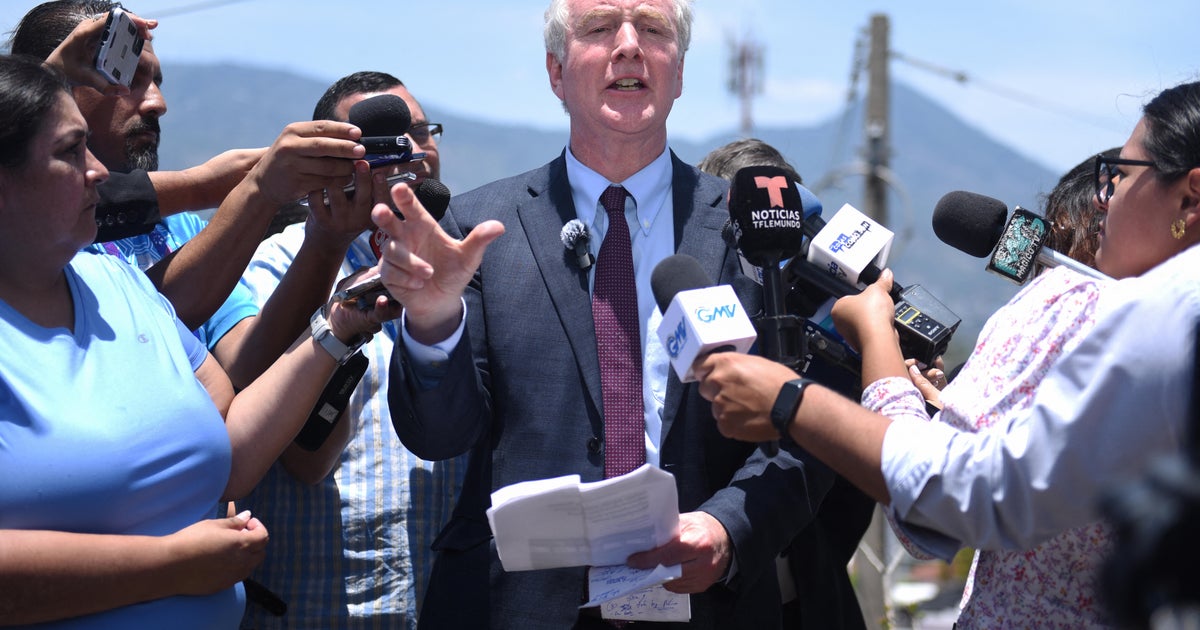Key takeaways:
- Maryland Senator Chris Van Hollen visited El Salvador to meet with Kilmar Abrego Garcia, who was deported from the U.S. due to an administrative error and is currently detained at the Terrorism Confinement Center (CECOT).
- Despite initial challenges in arranging the meeting, Van Hollen was able to assess Abrego Garcia’s health and well-being, highlighting concerns about his deportation and incarceration.
- The case emphasizes the broader issues of administrative errors in immigration enforcement, the impact on individuals and families, and the complexities of ensuring due process, drawing attention from U.S. lawmakers.
Maryland Senator Chris Van Hollen recently concluded a visit to El Salvador, where he met with Kilmar Abrego Garcia, a man who was deported from the United States due to what has been described as an administrative error. Abrego Garcia, who had resided in Maryland for 13 years, is currently detained at the Terrorism Confinement Center (CECOT) in El Salvador. This visit comes in the wake of a federal judge’s order, affirmed by the Supreme Court, mandating the Trump administration to facilitate Abrego Garcia’s release and provide evidence of efforts to secure his return.
During his trip, Senator Van Hollen encountered initial difficulties in arranging a meeting with Abrego Garcia, as Salvadoran Vice President Félix Ulloa declined his request for a meeting or phone call with the detainee. Despite these challenges, Van Hollen was able to meet with Abrego Garcia to assess his health and well-being. The senator’s visit underscores ongoing concerns regarding the circumstances of Abrego Garcia’s deportation and subsequent incarceration.
Abrego Garcia’s deportation has been a contentious issue, as a judge’s order from 2019 had barred his removal from the United States. The administration has since acknowledged the deportation as an administrative error. Abrego Garcia’s family and legal representatives continue to contest the accusations against him and are actively seeking his return to the United States.
The case has drawn attention to the broader implications of administrative errors in immigration enforcement and the impact on individuals and families. As efforts continue to resolve Abrego Garcia’s situation, the involvement of U.S. lawmakers highlights the international dimensions of immigration and the complexities of ensuring due process in such cases.



Be First to Comment